Road safety: Push for tighter laws, increased penalties for driving offences
After working frantically for 11 hours to save the life of a teenage victim of a car accident, trauma surgeon Valerie Malka has been joined by other medical experts and road safety campaigners to increase penalties, especially for repeat offenders.
NSW
Don't miss out on the headlines from NSW. Followed categories will be added to My News.
The deaths of five young pedestrians in NSW in less than two months has prompted leading road trauma surgeons to speak out, fed up with having to see the horrific end result of accidents on their operating tables.
Road safety experts and victims have joined their call for change, demanding tighter laws and stricter enforcement.
Seventeen-year-old Adam Ghoz died after he was struck by a van at Casula while walking with a friend on January 7.
Two days earlier, in Wellington, two boys — Sheldon Shorey, 6, and his seven-year-old brother Shane — were killed as they walked home from a local pool.
In November, aspiring model Libby Ruge became one of 48 pedestrians to die on NSW roads last year when she was hit by a car outside a Wollongong club.
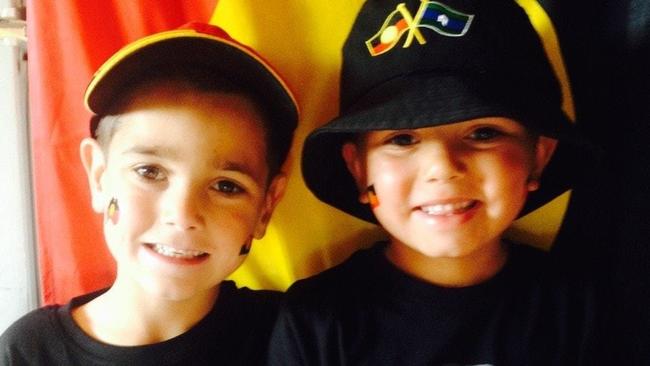
Experts and families of victims believe it is time to demand change.
“It’s time for change when people are not even safe to walk on footpaths,” said leading trauma surgeon Valerie Malka.
Dr John Crozier, of the Royal Australasian College of Surgeons, said the personal liberty of driving a motor vehicle should not have a higher entitlement than walking in safety on a defined footpath.
“We are all pedestrians. Not all of us should drive a motor vehicle,” he said.
“A range of existing vehicle technologies, including lane keep assist and autonomous emergency braking, or infrastructure enhancement such as wire rope safety barriers, may have helped prevent these tragedies.
“Nothing, though, exonerates a person who chooses to drive a motor vehicle while their judgment or co-ordination is affected by alcohol or other drugs, who is not licensed, or who has been disqualified from driving, and who commits an offence.”
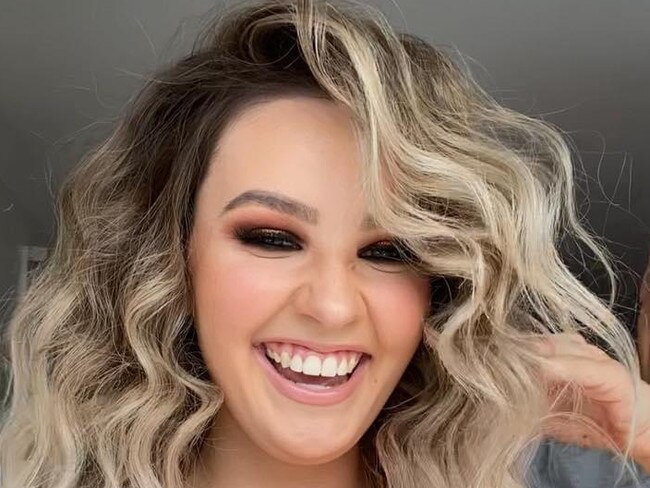
Pedestrian Council of Australia chairman Harold Scruby is calling for an overhaul of laws where an offender can be found guilty of an offence but no conviction is recorded.
He said the only way to lower the road toll significantly was to get repeat offenders off the road.
“Think about it, a person out on the street with no protection compared to the person in a car wearing a seatbelt. Vehicles are weapons and pedestrians are the most vulnerable of all road users and the most costly to heal,” he said.
“We should start thinking about the financial cost as well as the pain and suffering.. It’s very expensive, the government should be putting pedestrians first not last.”
Road trauma costs NSW in excess of $9 billion per annum and Australia $30 billion.
The council is calling for an overhaul of a Section 10 of the Crimes Act - where an offender can be found guilty of an offence but no conviction is recorded, no good behaviour bond or fine imposed and no licence disqualification.
“We are asking the government to do a full review of section 10 and bring in strict guidelines,” he said.
“Why aren’t there really strict guidelines on a Section 10 - why do we want no conviction recorded and magistrates and judges not being held accountable for their leniency?”
“And why is the insurance industry struck dumb on this? People get a Section 10 and they get insurance premiums the same as safe drivers even though they have driven under the influence.”
NSW Opposition Roads spokesman John Graham supported the calls for change.
“Any parent seeing the loss of these young lives would be left wondering whether our road safety system is working,” he said.
Transport for NSW said drink and drug driving penalties and enforcement had been strengthened in 2019.
New measures included mandatory alcohol interlocks for mid-range drink driving first offenders and roadside vehicle sanctions for high risk drink driving offenders.
The state government has also foreshadowed a new combined drink/drug driving offence and has tripled the number of roadside drug tests since 2015 with a target of 200,000 a year.
VETERAN SURGEON: ‘THERE’S NO SUCH THING AS ACCIDENTS’
Top trauma surgeon Valerie Malka has spent 20 years trying to save the lives of victims of car crashes — she pointedly refuses to call them accidents.
All of them are preventable in some way, she believes, if only authorities and individuals had the will to do so.
Last week, Dr Malka, who is also a director of the Pedestrian Council of Australia, worked frantically for 11 hours on a teenage boy hit by a van, even though they had been told his head injuries were “unsurvivable”.
Seventeen-year-old Adam Ghoz had also suffered “catastrophic” pelvic, chest and vascular injuries and would need his leg amputated at the hip should he have survived — the horrifying result of a van crashing into him as he walked down a Casula street on January 7.
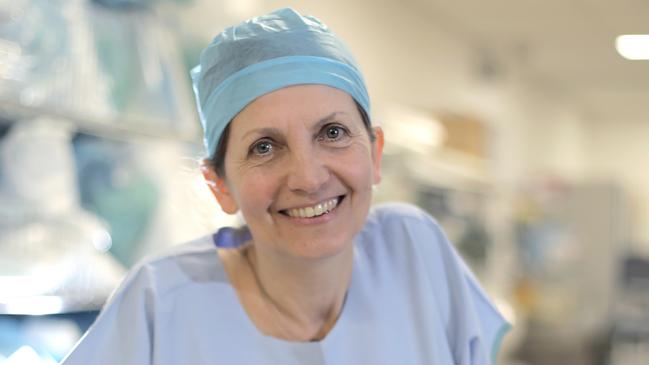
But Dr Malka, her colleague Dr Paul Lambrakis and a team of experts at Liverpool Hospital never considered giving up, desperate to save this young life.
“It was pretty horrendous, and clear the severity of his injuries meant the chances of him surviving were extremely small,” Dr Malka told The Sunday Telegraph.
“Added to that, his mother was on a flight to Lebanon to go and care for a sick relative and would be told about this when she landed. It was just so horrible.”
The trauma team received the call at 2pm that a teen boy in a grave condition would soon be arriving by ambulance. Fifteen minutes later Adam was rushed into the emergency trauma room.
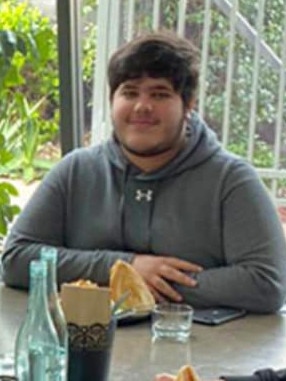
“He died in the early hours of Saturday morning and his mum didn’t get to see him again. His injuries were so severe that we couldn’t keep him alive,” Dr Malka said.
“She has to come back to this, it’s just so devastating, so many lives won’t be the same ever again.”
Despite her career at the frontline of trauma surgery, Dr Malka, the director of the Trauma and Acute Care Surgery Unit, is never desensitised to the pain, suffering and outright horror of car crashes.
“We never call them ‘accidents’ as there is no such thing as an accident, everything is preventable,” she said.
“What is particularly distressing is that often it’s the result of someone getting behind the wheel when they never should have. When you get behind the wheel of car under the influence of drugs or alcohol, the car becomes a weapon and a killing machine on the streets.”
Dr Malka, who is also chair of the Royal Australasian College of Surgeons Road Trauma Advisory Committee, is appealing to politicians, magistrates and judges to put the focus back on the victims of road trauma.
In that position and speaking generally on road behaviour and not specifically about Adam’s case, she is calling for action from the state government.
“We see these tragic events all too frequently and we cannot seem to make any impact on governments and magistrates to make changes to the laws that keep repeat offenders on the streets and behind the wheel,” she said.
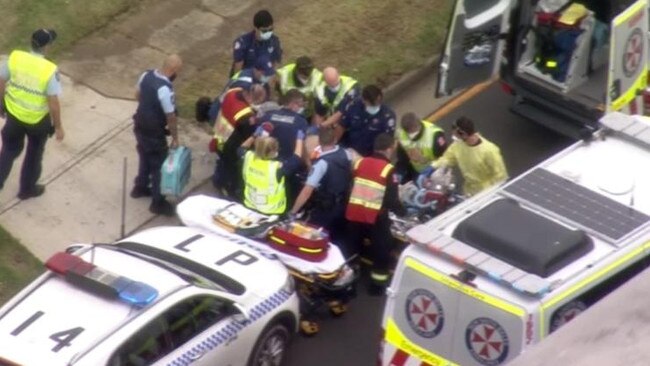
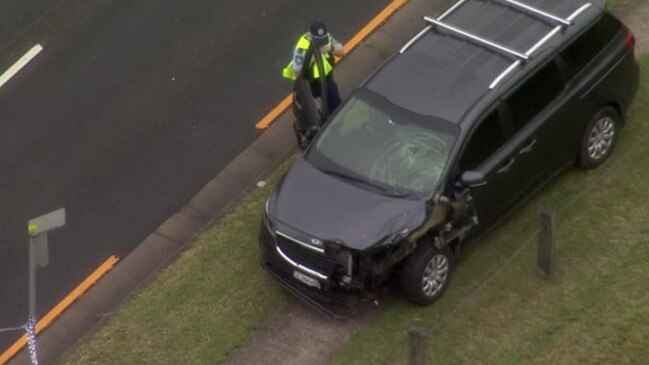
“It’s time to get tougher on these individuals who get behind the wheel drunk or drugged, they are a major threat to public safety, you are not even safe on a footpath.
“It always feels like the focus is on looking after the interest of a criminal’s wellbeing — intervention programs and the like.
“What about focusing on the devastation of the families and the community left behind?
“Each year, the thousands of lives lost, the tens of thousands of devastating injuries, the lifelong disabilities, the ruined lives.”
Dr Malka said the effort and resources devoted to saving the lives of victims such as Adam were immense.
“Giving the family the news that we could not save Adam was heartbreaking. It was so shocking on so many levels to know this was completely preventable,” she said.
“All we can do is try and save these lives but the government can prevent these horrendous injuries and deaths ever occurring.
“So many people were involved, from trauma surgeons, neurosurgeons, vascular surgeons, orthopaedic surgeons, anaesthetists, ICU staff, radiologists and specialised nursing staff — dozens of people working 36 hours to save this boy.
“It was devastating to see the extent of his injuries and not to be able to save him.
“Something needs to change, this can’t keep happening.”
Adam’s brother Tarek told The Saturday Telegraph his mother was being supported by her relatives in Lebanon as the family members here and abroad try to come to grips with the sudden loss.


